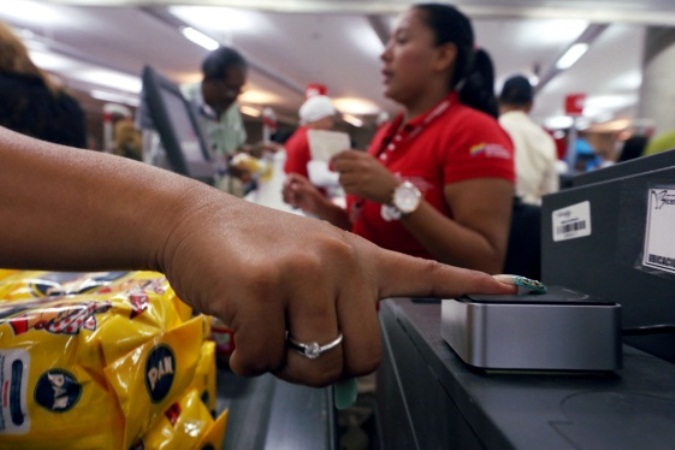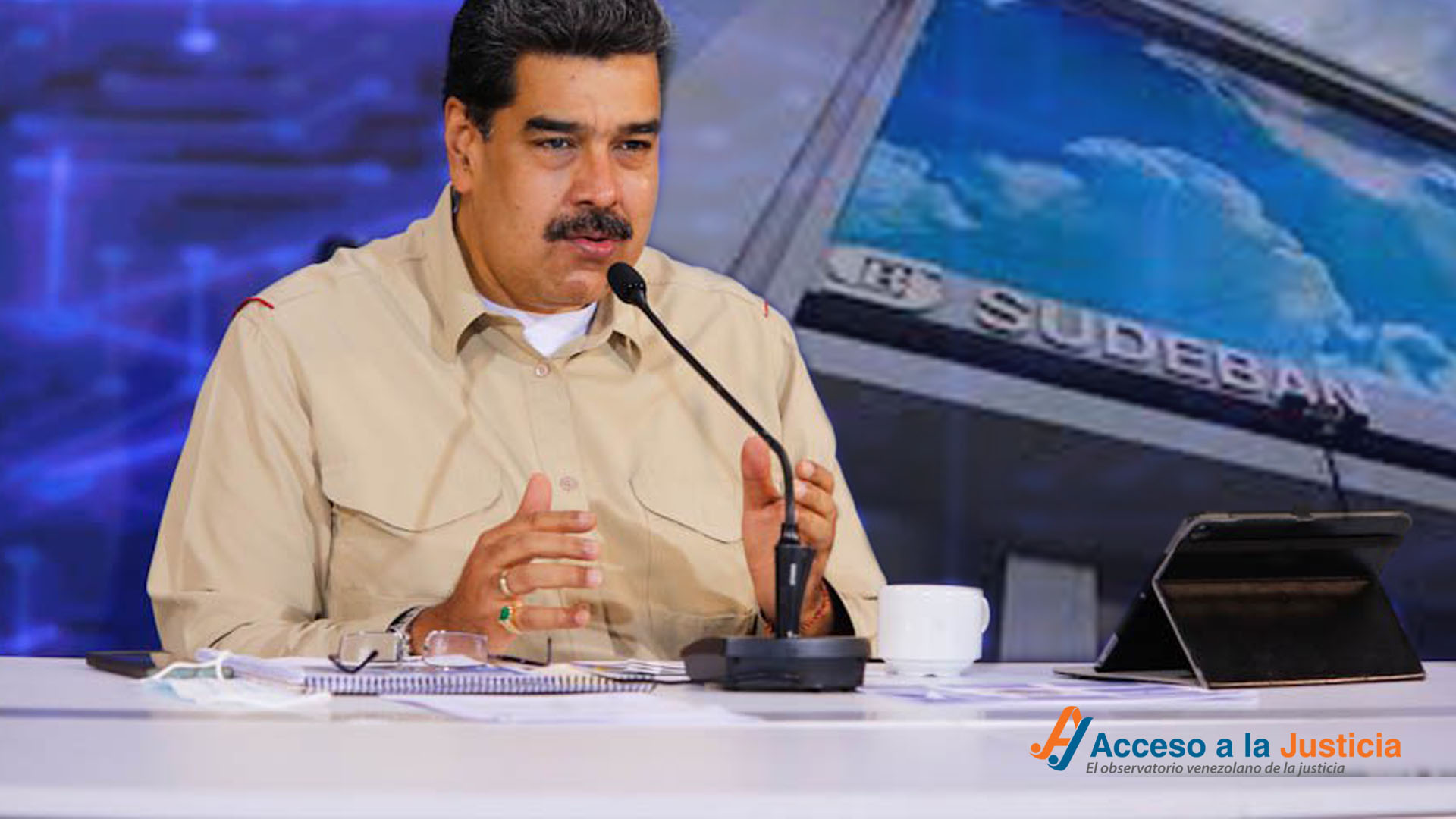Several human rights organizations spoke about the decision by the prosecutor of the International Criminal Court (ICC), Karim Khan, to ask the court for authorization to continue the investigation into alleged crimes against humanity committed in Venezuela.
Activists, lawyers and relatives of victims deemed “expected news” the possibility of carrying on with the gathering of information on the violation of fundamental rights continue in the country and reaffirmed their hope that the Pre-Trial Chamber will determine the next steps to follow during the first half of 2023.
“The prosecutor’s decision is positive and confirms what the organizations had been pointing out, in the sense that the Venezuelan government, through the Supreme Court of Justice, the Prosecutor’s Office and the Ombudsman’s Office (which serve the interests of the national executive branch) has designed a strategy to simulate Justice. In other words, the government made cosmetic reforms to the Supreme Court of Justice”, said Marino Alvarado, coordinator at Venezuelan NGO Provea.
After a visit to Caracas in 2021, Khan announced the beginning of an investigation into alleged crimes against humanity in Venezuela and the signing of a memorandum of understanding with the government of Nicolás Maduro.
Mr. Alvarado indicated that the ICC prosecutor has assessed that the country is not complying with the principle of complementarity, which establishes that the fundamental responsibility for investigating and punishing crimes against humanity belongs to domestic institutions.
“In general, the prosecutor made a negative assessment [of the situation]. He points out that he does not perceive a willingness to investigate and establish responsibilities, the information available is vague, and there is no progress in prosecuting the alleged perpetrators in each case,” Alvarado said.
The investigation can go on
Sara Fernández, researcher at the NGO Acceso a la Justicia and advocacy coordinator at the Center for Justice and Peace (Cepaz), recalled that last April, Mr. Khan had notified the Pre-Trial Chamber of his decision to make a formal request to proceed with the investigation, as the ICC prosecution had determined that the Venezuelan judiciary failed to conduct valid trials in the country.
“We were expecting this news, and it is certainly positive because it is one step further. It means progress in the process,” Fernández said.
She added that the prosecutor’s request has other elements in favor of the victims of human rights violations. One of them is the announcement by the ICC prosecutor’s office on a thorough analysis of the reasons why valid trials are not being held in Venezuela for alleged crimes against humanity.
Ms. Fernández noted that the cases that have been opened by the domestic Justice system have been deemed isolated events by representatives of the Venezuelan State and that the existence of a systematic policy has not been taken into account.
“An analysis is also made of the lack of impartiality and independence of the Judiciary. The resources provided by other international mechanisms that have studied or monitored the situation in Venezuela are also considered. We believe that these elements have a positive impact on the progress of the investigation”, she commented.
What is the role of NGOs?
Alfredo Romero Mendoza, director at Foro Penal, explained that non-governmental organizations play an essential role as representatives of the victims in the process of investigating crimes against humanity.
“Victims have an important role in this stage since they can state their position on whether or not to proceed with the investigation, and that is where the Venezuelan organizations and lawyers who have been recognized by the ICC come into play. Only four of them are recognized to appear in court, in representation of the victims”, he explained.
He added that only the evidence or support to affirm that adequate investigations are not being conducted in Venezuela will be brought to Court following Khan’s request.
“This stage is not the time to present particular cases or specific responsibilities for human rights violations. The substantive judicial process has not started: this is a previous incidental situation”, he pointed out.
Marino Alvarado pointed out that NGOs in Venezuela hope that the process will advance in court and that those responsible be identified in the medium term.
“The victims are going to continue giving their testimony for the documentation [of the cases] because crimes against humanity have not only been committed, they continue to be committed [in the country]. The semi-annual report by Lupa por la Vida shows that almost 500 people were allegedly executed by police and the military in the first six months of 2022,” Alvarado concluded.
Translated by José Rafael Medina




